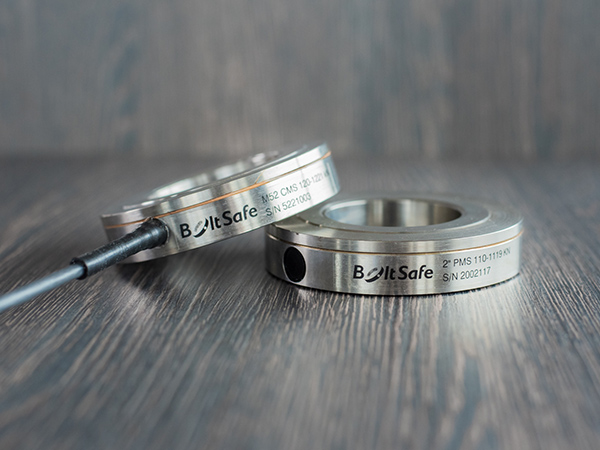Load-cells are an integral part of various industries, especially in manufacturing and testing. A load-cell is a transducer that converts force into an electrical signal. They are widely used in various applications, including weighing scales, force sensors, and strain gauges. Load-cells are crucial in many industries, as they play a significant role in determining the accuracy of the product being manufactured or tested.

The Load-cell is used for various purposes, such as measuring the weight of a product, determining the force applied to a structure, or detecting movement in an object. The technology behind load-cells is based on strain gauges. A strain gauge is a device that detects changes in resistance when subjected to mechanical stress. This device is attached to the load-cell, which produces electrical signals proportional to the applied force.
The use of load-cells has revolutionized the industry, as they offer many benefits over traditional measuring devices. Load-cells are more accurate and reliable than mechanical scales, as they eliminate errors that can occur due to temperature variations or changes in the environment. They are also more durable and can withstand harsh conditions, making them ideal for industrial applications.
Furthermore, load-cells are easier to use than traditional weighing scales, as they require less calibration and can be integrated into existing systems. They are also more flexible, as they can measure different types of forces and detect changes in a wide range of materials.
In conclusion, the load-cell is an essential component of various industries, especially in manufacturing and testing. This device has many benefits, including accuracy, reliability, durability, ease of use, and flexibility. The technology behind load-cells is based on strain gauges, which provide accurate and reliable results, making them ideal for industrial applications. Today, load-cells are used in many industries, including aerospace, automotive, medical, and agricultural, to name a few. With the demand for precision and accuracy in modern industries, load-cells will continue to play a significant role in shaping our world.